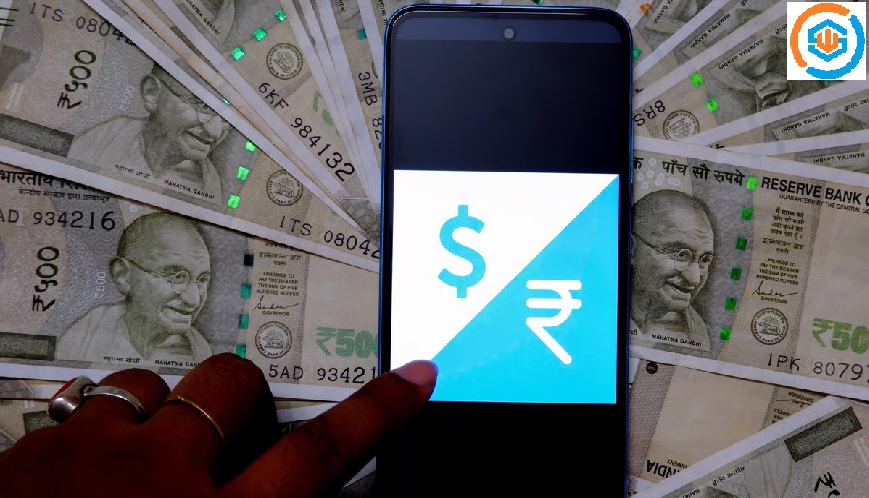
- 9 Apr
- 2021
ShareChat valuation jumps to $2.1 billion with $502 million fundraise
ShareChat valuation jumps to $2.1 billion with $502 million fundraise
ShareChat has raised fresh capital of $502 million in a financing round led by US investment firm Tiger Global. The deal puts the homegrown social network's valuation at $2.1 billion, making it the sixth startup to enter the burgeoning club of Indian unicorns this week.
Photo-messaging app Snap and existing investors Lightspeed Venture Partners and Twitter also participated in the funding that will be used to acquire new users, build the creator economy and also strengthen ShareChat’s artificial intelligence-based tools, cofounder Ankush Sachdeva told ET. “There will be significant investment in content moderation too,” he said, as the regional language platform aims to acquire a billion users and expand beyond the vernacular market.
Other Indian startups to have broken into the group of companies valued at over one billion this week are Meesho, Cred, PharmEasy, Groww and Gupshup. Since January, India has notched up 10 new unicorns.
Indian platforms like ShareChat-owned Moj, Times Internet’s MXTakaTak and Daily-Hunt’s Josh along with Instagram Reels have profited from an upsurge in local adoption of the short-video format in the last one year.
‘Monetisation a Bigger Concern’
This happened after the Indian government clamped down on Chinese apps such as ByteDance-owned TikTok and Helo among others. Sachdeva estimates that while his company currently has about 280 million collective users between the two platforms, the user base can grow to a billion in the next three to five years.
“Only two things matter, AI, and access to capital and we will make sure that on both these fronts we are way, way ahead of our competition,” the 28-year-old IIT Kanpur graduate said. ShareChat has increased a total of $766 million over six funding rounds so far. ShareChat, the social media platform with close to160 million monthly active users, is available in 15 local languages including Tamil, Malayalam, Bengali and Assamese.
It launched Moj, a short-video format app last year, which has scaled to 120 million monthly active users in nine months.
Communications consultant Karthik Srinivasan said that while English-language platforms have been getting the lion’s share of the money, so far, the much bigger question around monetisation continues to dog the sector. “Even the bigger platforms like Facebook are struggling to make big money in India,” he said.
Making profits crucial
Startup founders weighing in on the deluge of capital for the sector this year have also underlined the importance of building profitable businesses. Cred founder Kunal Shah, whose startup also snagged the unicorn status this week, tweeted, “Unicorn tag, high valuations are all conceit metrics till the company delivers gains. Many companies like Amazon & Facebook were loss-making for several years but became truly valuable only when they delivered profits. Till gains, unicorns are hope and belief of its stakeholders.”
Separately, Sridhar Vembu, founder of enterprise software maker Zoho, tweeted, “The present bubble is more extreme than anything that came before (including the dotcom bubble) and its aftermath is going to be very painful. The Federal Reserve is squarely to blame.”
Zoho has famously remained bootstrapped in the two decades since its inception.
Debunking the alarmists, ShareChat’s Sachdeva pointed to the impact of the pandemic that has stoked rapid digitisation. “What the Covid pandemic has done is (bring) in the future closer, and that is why we are finding a lot of future valuations coming closer,” he said.
“But I don’t think we’re in bubble territory... they are justified valuations and you would see many unicorns coming,” he said.
In a blog post announcing the funding on Thursday morning, Sachdeva said his company is at an inflection point as India’s internet penetration is poised to further deepen. “We have seen how large the short-video market is in China with around 80% of the entire internet population using one of the short-video products (Douyin, Kuaishou etc) daily.”
Note: - As every caution has been taken to provide our readers with most accurate information and honest analysis. Please check the pros and cons of the same before making any decision on the basis of the shared details.











